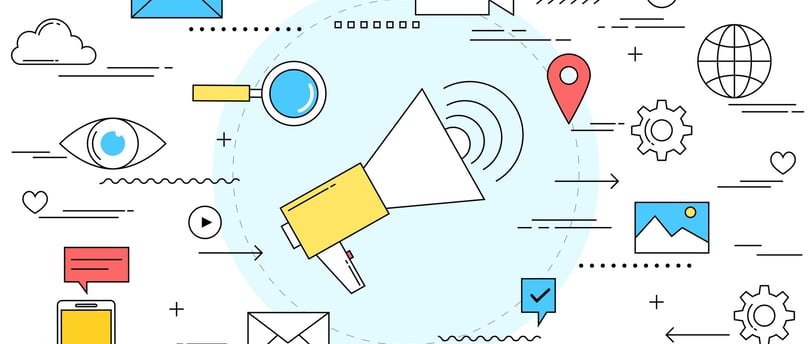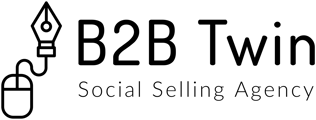Social Media's Impact on Work-from-Home B2B Sales Reps
Sales reps must integrate social media into their work-from-home routine.
SOCIAL MEDIASOCIAL SELLINGSALESB2B


With the global pandemic, work-from-home has become the new norm for countless businesses. This transition provides a hotbed for digital innovations like social media to redefine efficiency and productivity, particularly in B2B sales. This shift raises an essential question: how does elevated social media usage affect B2B salespeople’s professional performance?
To understand the influence of social media on sales performance, we first need to comprehend its role in modern B2B sales mechanisms. Traditionally an avenue for personal connections, social media has evolved into a potent business tool connecting brands with potential customers 24/7.
LinkedIn, Twitter, and Facebook have become pivotal platforms for establishing industry trends, customer relationships, and thought leadership - all crucial elements of successful B2B sales endeavors. With directed engagement strategies on these platforms, companies can foster meaningful relationships with their audience and generate quality leads.
Social media’s high traction expands networking opportunities beyond geographical constraints - an aspect stressed by work-from-home scenarios. Increased usage promotes visibility at conferences or trade shows virtually—a feature beneficial during travel restrictions or remote work regulations triggered by recent global events.
This overarching reach helps create targeted messaging strategies that appeal to relevant decision-making personnel. Twitter chats leave room for instant connections, while LinkedIn articles position brands as thought leaders within the industry—enhancing credibility and trust amongst prospective clients.
Taking advantage of these platforms’ demographic-specific algorithms helps narrow potential prospects further—amplifying personalization efforts when crafting outreach messages that drive conversion rates higher than impersonal mass emails.
But, there are two sides to every coin—the increased use of social media also presents unique challenges that negatively impact business-to-business sales reps’ efficacy.
The primary concern is distraction—social media platforms are engineered to keep users engaged longer with a myriad of non-work-related information, diverting attention spans. Skilled self-regulation to harness social media’s benefits without falling prey to its distraction potential becomes a pivotal soft skill in remote work.
Another concern is over-reliance on social media for business development. Disregarding other strategies like cold calling or in-person events in favor of these platforms risks isolating industries that do not heavily use them—restricting the breadth of the sales funnel.
Finally, managing online reputation becomes critical—an ill-judged post or inappropriate interaction can tarnish a company’s image and trustworthiness amongst its clients, causing severe damage to sales performance.
To navigate these challenges, B2B sales reps must adopt a balanced approach toward integrating social media into their work-from-home routine. Regular breaks, avoiding multi-tasking, and setting strict boundaries between personal and professional use will help keep distractions under control.
A comprehensive strategy incorporating digital and non-digital outreach ensures a broader range of potential conversions while maintaining an awareness of online etiquette, and helps safeguard an organization’s reputation.
In conclusion, increased use of social media presents benefits and challenges in the new age of remote working for B2B sales professionals. Marketing departments must reassess strategies and provide adequate training to leverage this double-edged sword. The modern-day adage might be adapted here: with great reach comes great responsibility.
